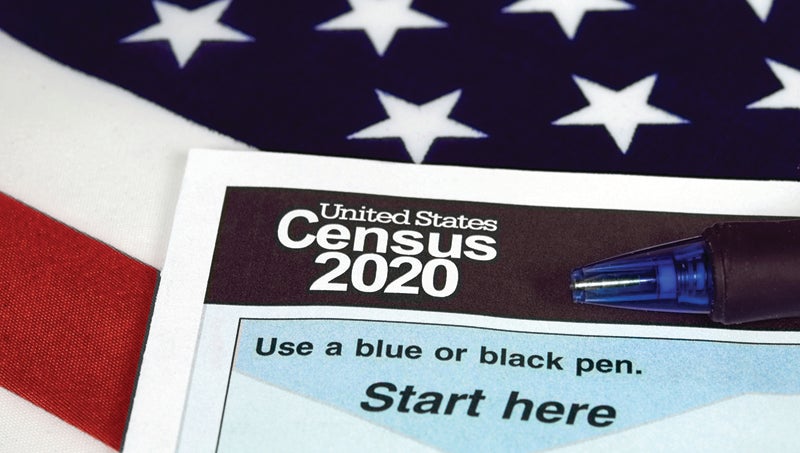Less than half of local households respond to Census
Published 4:10 pm Tuesday, April 21, 2020
|
Getting your Trinity Audio player ready...
|
Since 1790, the U.S. Census has played a major role in shaping public policy in the United States. Enshrined in the U.S. Constitution, the decennial count of the American population impacts everything from representation in state and federal legislative bodies to emergency management preparation.
Here’s the catch — it only works correctly if everyone participates, and with the nationwide spread of COVID-19, responding to the Census has fallen on the backburner for many Americans.
So far, approximately 46.8% of North Carolina households have responded to the Census by mail or online. In Beaufort County, that number is right at 44.8%, with about 27.6% of local households having responded online. Statewide, Beaufort County is 45th in response rate among all 100 counties.
Broken down even further, response rates vary widely from town to town locally; 31.9% of households have responded in Aurora, 45.8% in Bath, 40.8% in Belhaven, 37% in Chocowinity, 34.4% in Pantego, 50% in Washington and 54.3% in Washington Park.
In contrast, 84% of Beaufort County households and 80.7% of all North Carolina households responded to the census via mail-in or online tools in 2010, according to Census Bureau historical data.
So, one might ask, why does it matter?
For one, it determines representation in Congress and the N.C. General Assembly. Census data is used every 10 years to redraw legislative maps across the country, and without an accurate count, those maps won’t be representative of the actual population. It could also impact the number of seats North Carolina has in the Electoral College during presidential elections.
“If it’s inaccurate, we will not have the appropriate representation in a representative form of government.” said N.C. Representative Keith Kidwell. “The whole system fails at that point, because we’re not doing proper representation. It’s critical, and it’s absolutely critical, even with this virus, that people get online or fill out that mailer and get it back in as quickly as possible.”
Beyond representation and the legislative map, the Census is also a powerful tool for determining where federal dollars are spent. Missing out on even just one person can be a big deal in that respect, according to County Manager Brian Alligood.
“The Census is used to determine how hundreds of billions of dollars in federal funding are allocated to programs, including Medicaid, Head Start, block grants for community mental health services and the Supplemental Nutrition Assistance Program, also known as SNAP,” Alligood wrote. “The NC Counts Coalition reports that a single missed person is almost equivalent to a forfeited $16,000 in funding for North Carolina over a 10-year period. Funding for these programs makes a big difference in the lives of Beaufort County residents.”
In addition, Alligood says the Census also serves as an important tool for economic development, allowing businesses to anticipate population growth and trends for a given area. That in turn helps them weigh whether an area can support the type of workforce needed for operations.
“Business owners rely on this information to make decisions, such as where to open new stores, restaurants, factories or offices, where to expand operations, where to recruit employees and which products and services to offer,” Alligood continued. “Information from the Census will impact Beaufort County for the next decade, so it is critical that the count is complete and accurate.”
Nationally, the U.S. Census Bureau has had to push back field operations, such as door-to-door counts, until at least June 1. Last week, President Donald Trump and the U.S. Census Bureau both requested a 120-day extension of the legal deadlines to submit the results of the count.
Responding is straightforward and simple. One can fill out the Census mailer sent to all households this past month, respond online at www.census.gov or respond by phone at 844-330-2020. For more information on avoiding potential Census scams see this article from the Better Business Bureau.






